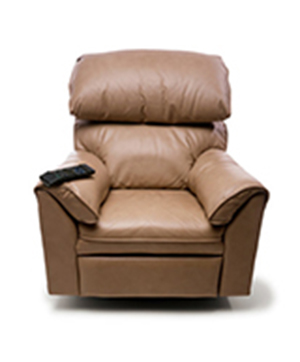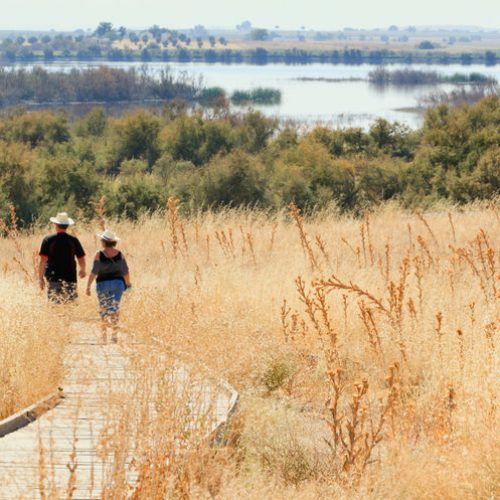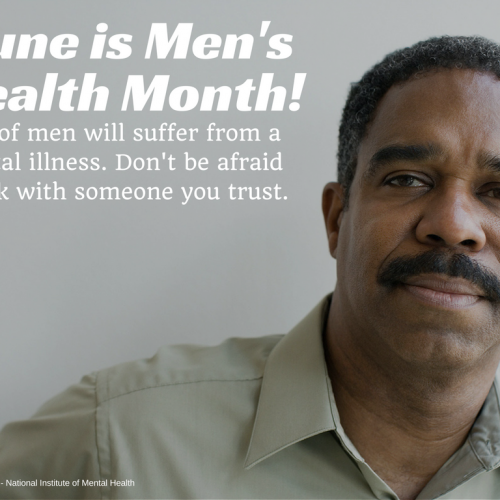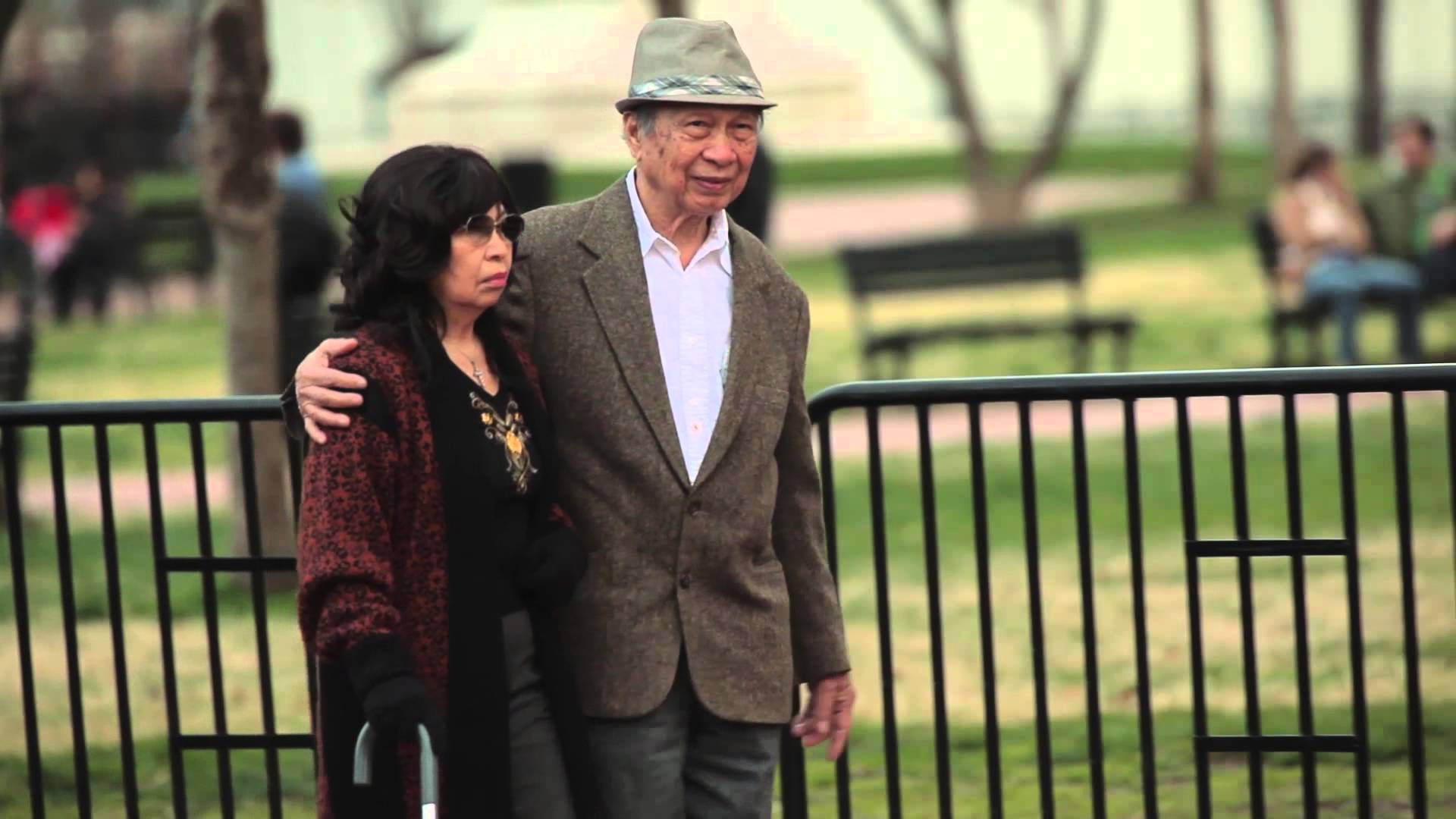“The first generation to grow up exercising.”
If you say it over and over again like reps, in three sets of 10, will you build muscle mass?
“The first generation to grow up exercising.”
Will you burn a calorie or two?
“The first generation to grow up exercising.”
Will you get rid of flab?
Because for all the talk of jogging, playing basketball on new knees and lacing up skates for late-night ice hockey games, it turns out baby boomers may be in worse shape than the generation that came before. That would be the one that, if urged by an ad to “just do it,” might have replied, “Just do what?”
Writing this month in the journal JAMA Internal Medicine, researchers offered a portrait of boomerdom at odds with its popular portrayal, and perhaps with its sense of itself. They found that boomers were more likely to be obese, more likely to have high blood pressure, high cholesterol and diabetes — and less likely to be physically active.
“Our lifestyle habits are not what we think,” said the lead author of the study, Dr. Dana E. King of the West Virginia School of Medicine. How could this be? “One is Madison Avenue marketing, and one is the truth,” Dr. King said.
The researchers based their conclusions on data from the long-term National Health and Nutrition Examination Survey, in which Americans are asked about their health and given physical exams. They compared information obtained from baby boomers several years ago, when they were ages 46 to 64, with information for the same group gathered 20 years earlier.
Let’s start with the good news. Boomers, who have a longer life expectancy, were less likely to have emphysema and heart attacks. They were also less likely to smoke.
Only 13 percent of them, however, reported being in “excellent” health, compared with 32 percent of the people studied earlier. An NPR report on the study suggested that part of the explanation may be that boomers have high health expectations.
But the researchers found measurable evidence of fitness declines. Boomers were more likely to use devices to assist them with walking, for example, or to have physical problems that limited their work.
Dr. King said he was not surprised by the results. Neither was Russell R. Pate of the University of South Carolina, a past president of the American College of Sports Medicine and a boomer himself.
“My generation has basically lived our adult lives living in an era in which the day-to-day demand for physical activity has steadily declined,” he said. “It’s my generation that basically has built the suburbs, that has built a society that is for the most part dependent on the automobile.”
Dr. Pate, chairman of the National Physical Activity Plan, a public-private initiative to encourage people to be more active, said he took some encouragement from the movement to design communities that have “walkability.” But he also noted the many enticements to inactivity, from pervasive home entertainment systems and computers to office buildings where the stairs are hidden away.
“Now we e-mail the person in the office next to us, rather than walk down there and say something,” he said.
Source: The New York Times
March 21, 2013
By Eric Nagourney
http://www.nytimes.com/2013/03/21/booming/baby-boomers-less-fit-than-last-generation-study-finds.html?emc=tnt&tntemail1=y&_r=1&











